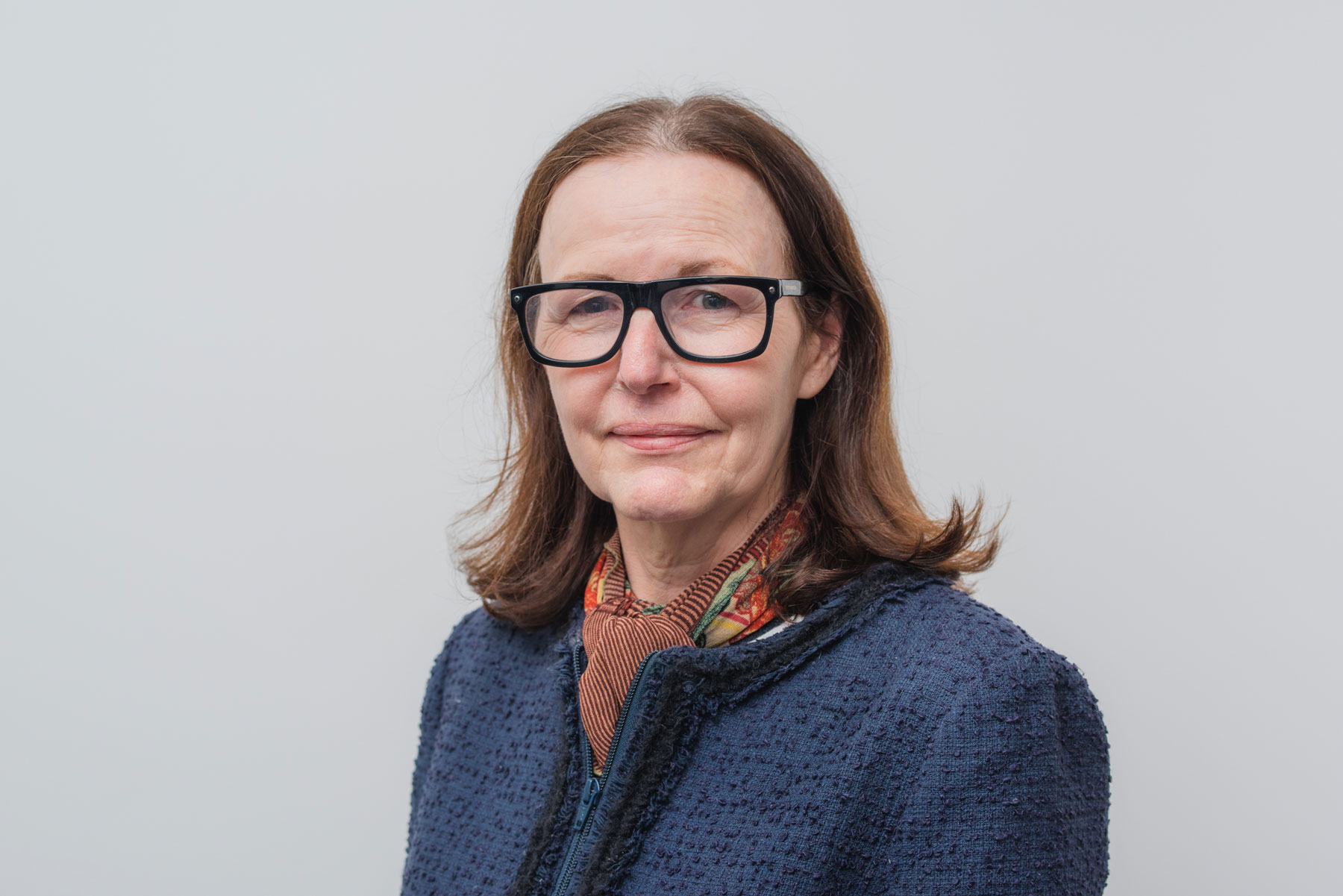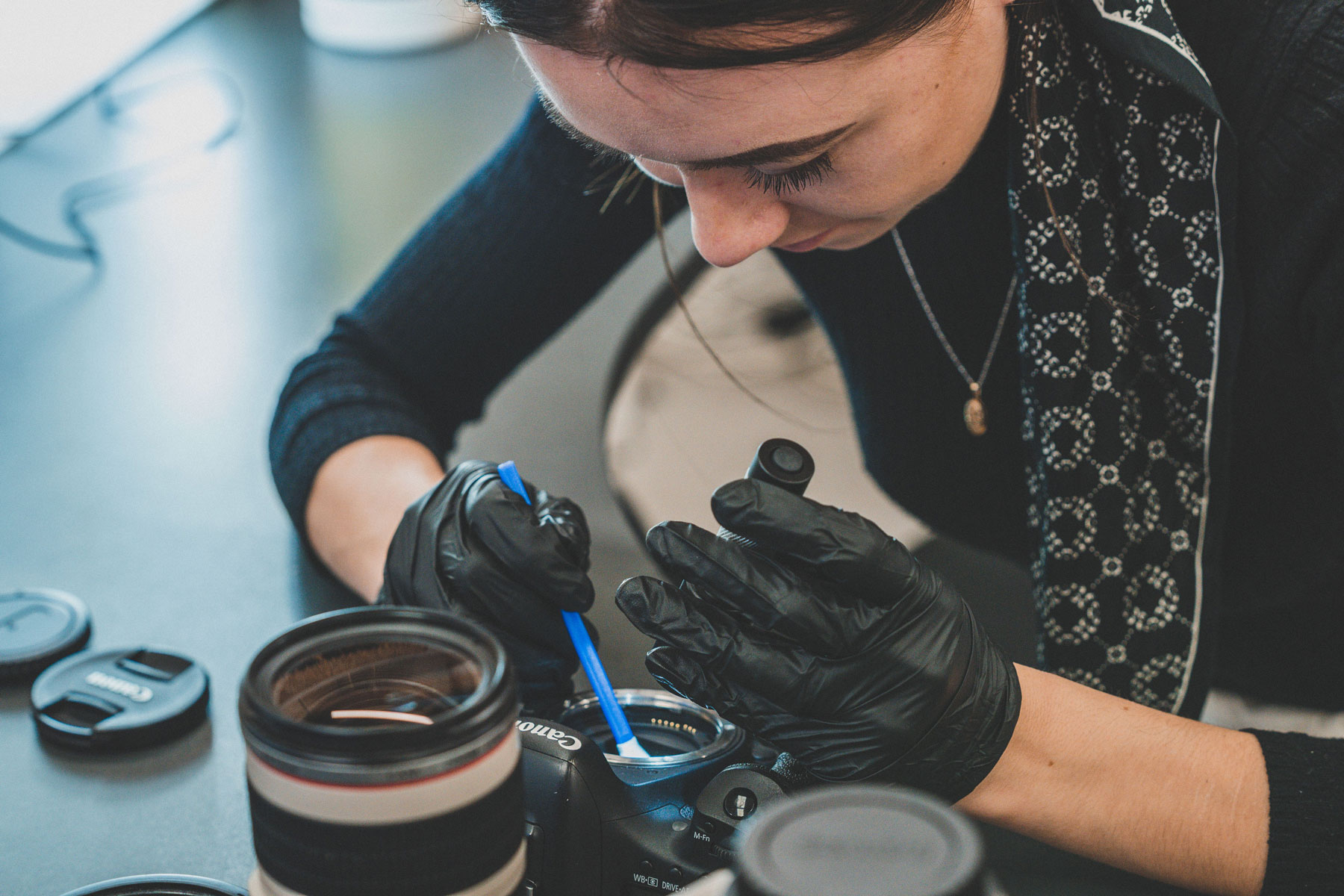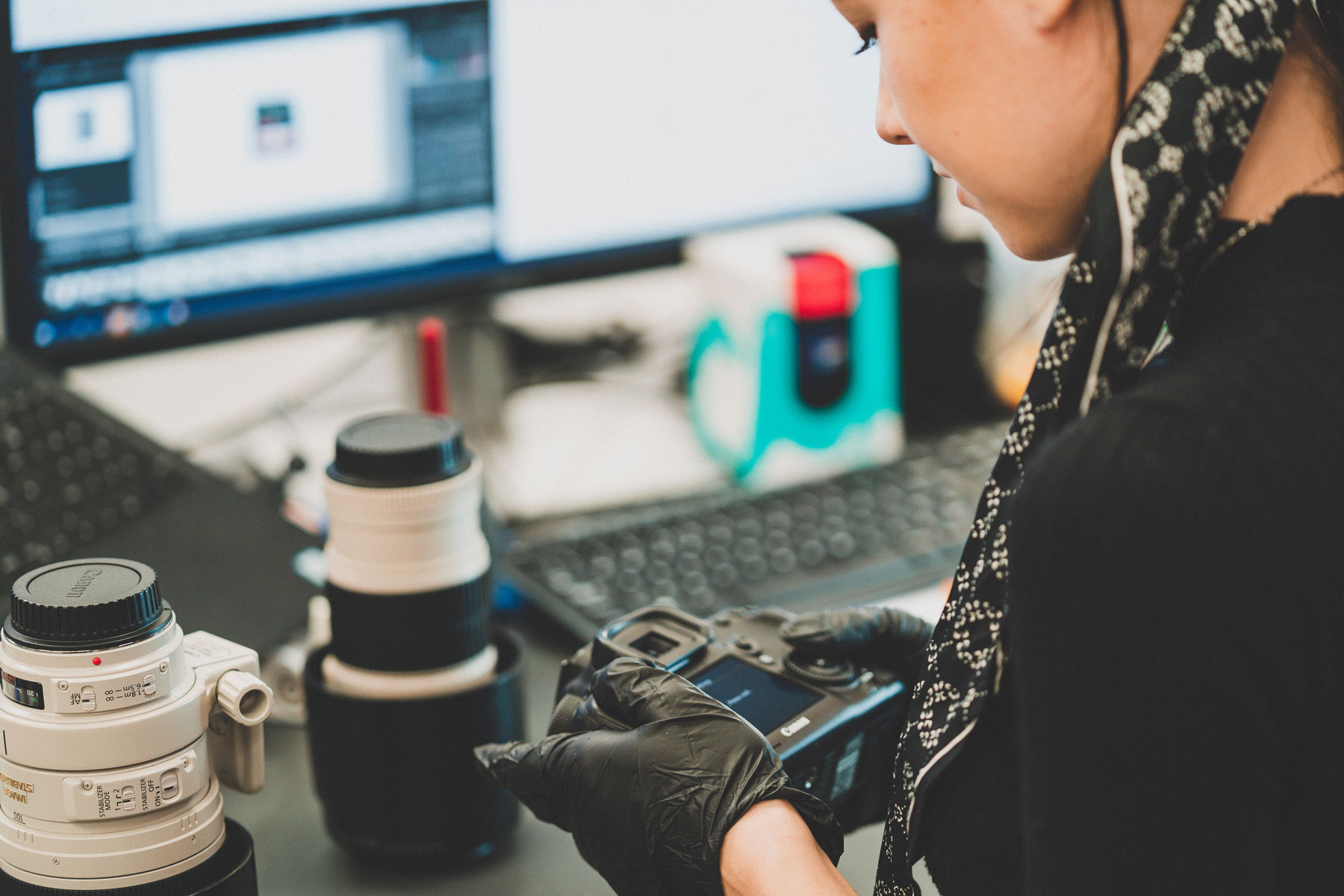
Interview with Rachel Thompson, MPB Head of Sustainability
Published 30 March 2022 by MPB
MPB has always been committed to making kit more accessible and affordable and helping to visualize a more sustainable future. We're excited to return as a sponsor for ReFashion Week NYC this year, shining a light on how we can make fashion and photography more sustainable.
Head of Sustainability Rachel Thompson is spearheading the next steps in sustainability here at MPB. Ahead of ReFashion Week 2022, we speak with Rachel about the possibilities for more eco-friendly businesses, what MPB is doing to lead the circular economy movement, and the true heart of what we do: get kit into more hands sustainably.

About Rachel
Rachel Thompson, Head of Sustainability at MPB, leads the company’s sustainability strategy and performance reporting. At MPB since December 2021, Rachel has a particular focus on circularity, diversity and the net-zero carbon transition. Prior to joining MPB, Rachel was Head of Sustainability at Gatwick, the UK’s second-largest airport, where she focused on sustainable fuels, zero waste operations and electric mobility. Previously Rachel held several consulting roles in the retail, technology, real estate and transport sectors, and started with a specialization in international trade negotiations.
Learn more about these topics at ReFashion Week NYC’s Marketplace panel on April 2nd, where Rachel will be representing MPB as the title sponsor. Over to you, Rachel.

Thanks for speaking with us Rachel. What does it mean to be a circular business?
Circular businesses are directly involved in the shift away from over-using natural resources in a “take-make-waste” economy and into circular systems where waste and pollution are avoided and ultimately eliminated. In a circular business, your core commercial activity focuses on one or more ‘arcs of the circle’, be that circular product design or manufacturing, recirculation services that resell or lease used products, or recovery services that underpin remanufacturing and complex recycling. In addition, a circular business strives to apply circularity for its own business needs such as packaging, energy, couriers, furniture and equipment.
Why is that important to be a sustainable business?
Being circular is essential to sustainability for a few reasons. Nature is being depleted and polluted at completely unsustainable rates and basic recycling is not a sufficient response; we need to reuse what has already been made and replenish nature rather than depleting it. At the same time, reusing products and materials over much longer time periods and through multiple owners and users create additional financial value and supports a wide variety of skills and jobs. So the circular approach is environmentally, socially and financially sustainable.

What steps is MPB taking to be circular and renewable throughout our business? What have we accomplished so far and what are we doing next?
Our core business is circular: buying, selling and trading over 300,000 items of used kit for visual storytelling each year. Our packaging is plastic free and very simple to reuse or recycle; and we send zero in-bound waste to landfill. Our tech platform is cloud-based and runs on 100% renewable electricity. We work with courier partners that are investing heavily in electric vehicles and sustainable biofuels. And we aim to buy or lease only essential equipment and furniture, to keep them in good condition and to donate or trade items if we no longer need them.
Our next steps include aiming for 100% renewable electricity in our buildings by 2025, up from 50% today; this is based on supplier fuel mix rather than purchasing certificates. This will also help to take us from ‘carbon-neutral’ through offsetting to ‘zero carbon’ for our operations.
How does circularity lower barriers and increase access in visual storytelling and other industries?
Putting quality used kit that’s been designed to last a lifetime back into the marketplace lowers the financial cost of good kit for the next user compared to buying new. At MPB we view access in terms of affordable quality kit and access to technical knowledge and creative inspiration, and we use our platform and marketing to expand this too.
More generally, in the circular economy, it’s really important to put a halo on selling used and not only buying used. When you sell used kit, you’re really hitting that sustainability triple home run: making some money, doing good for the planet and enabling another person to access affordable kit.
Thanks, Rachel. Join us for the kickoff event of ReFashion Week NYC on April 2nd 2022. Check out this year’s unfolding ReFashion Week events and content.